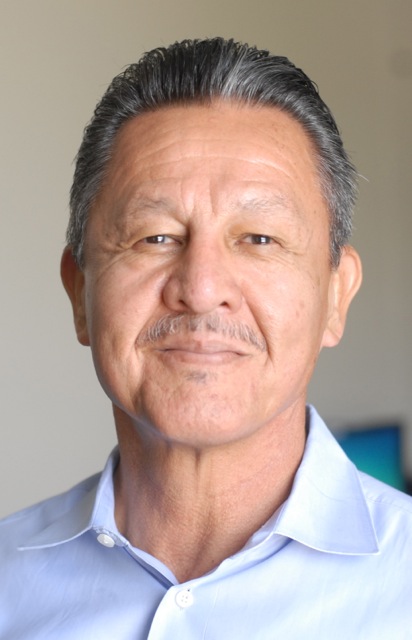CAWG Gears Up to Fight New Overtime Bill
Following Defeat of Overtime Bill AB 2757, CAWG Gears up to Fight New Overtime Bill AB 1066
By Laurie Greene, Editor
California Assembly Bill 2757, which called to end the 10-hour workday for farm laborers (by enforcing overtime) and to illuminate extra work time opportunities, was voted down in June 2016, but a new version of the bill, AB 1066, is back on the drawing table.
Brad Goehring, treasurer of the California Association of Winegrape Growers (CAWG) Board of Directors and current chair of the CAWG State Government Affairs Committee, spoke about the process of fighting back on this bill. “We already beat it and we had a major victory in the California State Assembly earlier in the year. The author of the bill didn’t like that result, and it is all union-backed and backed by taxpayer groups like California Rural Legal Association, Inc. (CRLA),” Goehring said.
“But the pressure is back,” said Goehring, also a fourth–generation winegrape grower and owner of Goehring Vineyards, in Clements, near Lodi. “They did a dirty gut and amend bill¹, which is a slide of hand and basically reintroduces the bill again under a different bill number. This time it’s going to start in the Senate and we’re expecting a tough battle; but we’ve got a very organized coalition of Ag associations and we’re going to put the same energy into fighting this that we did before,” explained Goehring.
“It was a bloody fight in the Assembly,” noted Goehring. “But still, we’re optimistic as there are plenty of no votes from the party that wanted this to go through that we think it will be hard for the governor to sign even if [the bill] makes that far.
Goehring maintained, “The key is to educate legislators that the bill would hurt farmworkers because it would force farmers to minimize work hours to prevent overtime payroll. In fact, farmworkers are pushing for this second bill to fail.”
“Where the lack of understanding lies is the clear line between the urban legislators and the rural legislators,” Goehring commented. “The urban legislators, ironically, are the ones who already hav $15 minimum wage laws in their towns—San Diego, San Jose, Los Angeles, and San Francisco. These legislators are trying to cram it down our throats and our lives here in the rural areas. We’re not having any real hard times getting to agreement with either party, if they are in the rural areas. It’s the urban ones that are doing all the damage.”
“We’ve had these legislators out to our farms. We’ve walked away and let them talk openly with our employees, and our employees have told them they don’t want it,” Goehring said. “Our employees have told them that they want to make an honest living. They want to teach their kids how to do the same thing. Our employees have taken it one step further; we overheard them telling the legislators they are not even in favor of any of the entitlement programs because that’s not the way to make an honest living that they want for their kids.”
“With all that said,” Goehring concluded, “the urban legislators are turning their backs on and ignoring our employees. This is all about unions and CRLA. They don’t care about the employees—is basically what they’re saying,” noted Goehring.
¹GUT AND AMEND is when amendments to a bill remove the current contents in their entirety and replace them with different provisions. (Source: California State Legislature Glossary of Legislative Terms).













